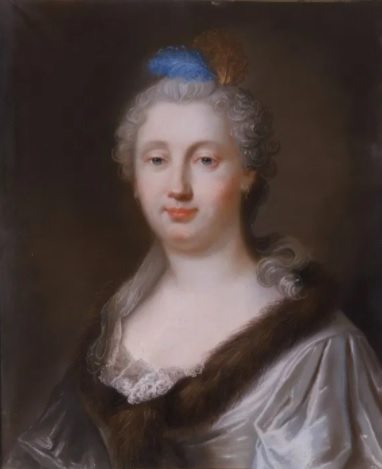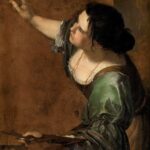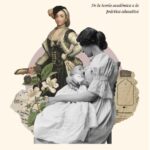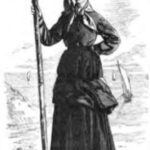
During the 16th and 17th centuries, apprenticeships took place in workshops run by a master in his home, where apprentices entered at a young age. Women actively participated in the activities carried out by their fathers, brothers or husbands under four different legal statuses depending on their relationship with the workshop master: daughters, sisters, wives or widows. Therefore, it was not a recognised or paid job, but a way of collaborating in the economic support of the family as a whole (family being understood as the group of people living under the same roof). In artistic production, many acquired their knowledge through family workshops, both in Europe and America, examples being Lavinia Fontana and Artemisa Ginteleschi in Italy, and Luisa Roldán in Mexico, a member of her father Pedro Roldán’s workshop. It was common for women to take on a management role, taking charge of the administration for different reasons, especially widows, many of whom leased or sold their inherited businesses.
Collection: Images
Project: 11. Science and culture as representation in Europe., 8. Women and the change for gender equality in Europe.
Chronology: XVII
Scope: Secondary education, Baccalaureate, University
Resource type: Image
Format: Oil on canvas (98,6 x 75,2 cm)
Source: Royal Collection Trust
Language: Spanish
Date: 1638-39
Owner: Álvaro Romero González (Modernalia)
Identifier: RCIN 405551
Copyright: Royal Collection Trust
Abstract: The administrative and artistic role of women in 17th-century pictorial studios
Image
Tags






